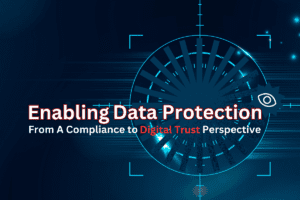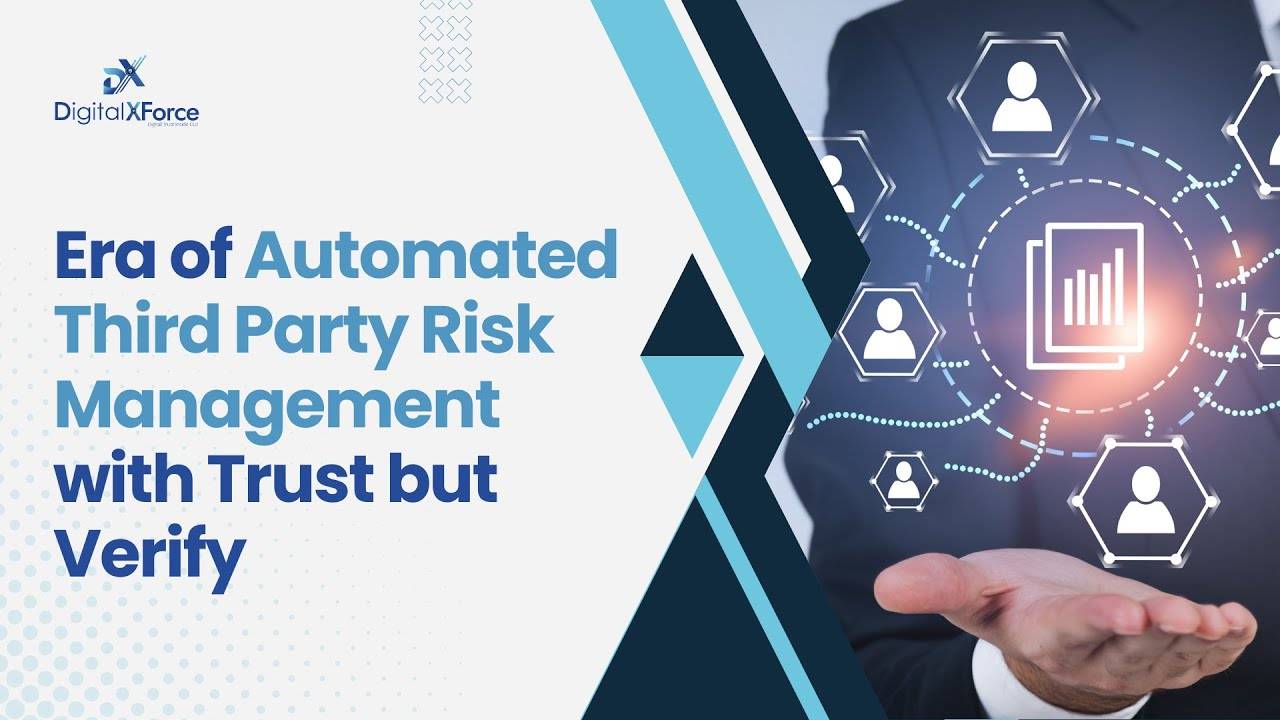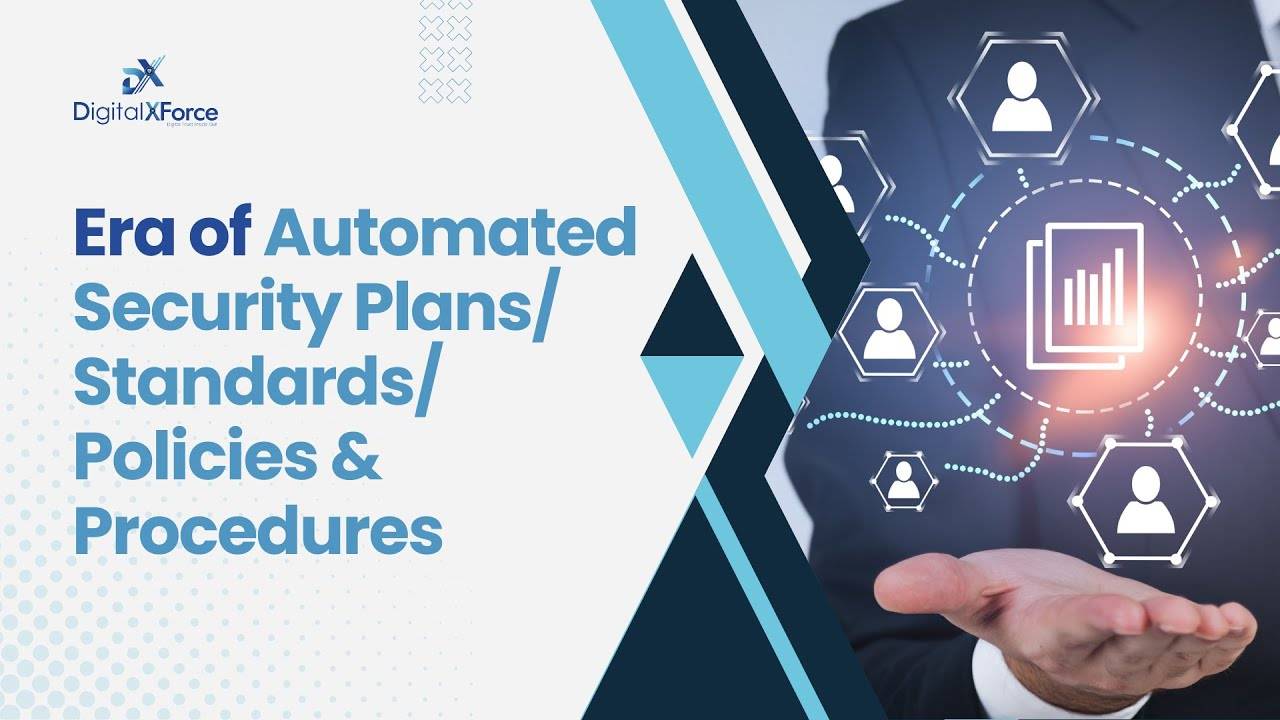Lalit Ahluwalia is committed to redefining the future of Cybersecurity by adding a “T-Trust” tenet to the conventional C-I-A triad. In this expository piece, Lalit highlights the need for a shift in focus on the enforcement of data privacy laws from a compliance to “Digital Trust” perspective. Lalit strongly believes that this revolutionary shift will build TRUST and enable data protection beyond our imagination.

As an individual living in a digital age, you are constantly generating and sharing personal data. Every time you browse the internet, make online purchases, or use social media platforms, you leave a digital footprint that can be collected and analyzed by various entities. With the increasing reliance on technology and the proliferation of data-driven business models, the need for robust data protection policies and regulatory bodies becomes paramount.
However, there is a growing recognition that a mere focus on compliance is insufficient; instead, the shift towards building “digital trust” is essential to ensure the effective enforcement of data privacy laws and safeguard your personal information. In this article, we’ll explore the need to shift our perspective on data protection—from mere compliance with laws to actively fostering “Digital Trust.” It’s a shift that involves not just regulatory bodies but also you and me in the digital ecosystem.
Why Data Privacy Matters to You
Before we delve into the concept of Digital Trust, let’s take a moment to understand why data privacy should matter to you. Personal data is the cornerstone of the digital world. It comprises your personal information, online behavior, preferences, and more. In essence, it’s your digital identity.
Imagine this identity falling into the wrong hands, leading to identity theft, financial fraud, or worse. That’s why data privacy should be a top priority.
Compliance in Data Privacy
Traditionally, data privacy laws have focused on compliance. Regulatory bodies have drafted rules and regulations that organizations must follow to protect individuals’ data. While compliance is essential, it often results in a checkbox mentality. Companies strive to meet the minimum requirements to avoid penalties, but this approach doesn’t necessarily foster trust.
Compliance, in isolation, doesn’t guarantee that your data is handled with care and respect. It doesn’t ensure that your digital interactions are secure and that your personal information won’t be exploited. The focus must shift from a mere checklist to something deeper—a concept known as “Digital Trust.”
Understanding Digital Trust
Digital Trust is the belief or confidence that individuals and organizations have in the reliability, integrity, and security of digital systems and the data they process. It goes beyond legal compliance to encompass ethical considerations, transparency, and a genuine commitment to safeguarding data.
In essence, when you trust an organization with your data, you believe that they will use it responsibly, protect it from unauthorized access, and respect your privacy. This trust is not automatic; it’s something that must be actively built and maintained.
A Shift In Perspective: From Compliance to Digital Trust
The need to transition from compliance-centric to Digital Trust-focused data protection policies and practices is underscored by several factors:
Rising Cyber Threats: The digital landscape is constantly evolving, and so are the threats. Cyberattacks are becoming increasingly sophisticated, making compliance-based approaches less effective. Building trust involves staying ahead of these threats and demonstrating a commitment to cybersecurity.
Consumer Expectations: As consumers become more aware of the value of their data, they expect organizations to do more than just comply with regulations. They want transparency, control over their data, and a sense of partnership in data protection.
Globalization and Cross-Border Data Flow: In an interconnected world, data often crosses borders. To build trust, organizations must navigate the complexities of international data protection laws and demonstrate their commitment to data security no matter where the data resides.
- Business Reputation: Trust is a valuable currency in the digital economy. Organizations that prioritize Digital Trust not only reduce the risk of data breaches but also enhance their reputation, attracting customers who are willing to share their data.
- Ethical Imperatives: Data privacy isn’t just a legal obligation; it’s an ethical one. By focusing on Digital Trust, organizations align themselves with ethical principles, fostering a culture of responsible data handling.
Building Blocks of Digital Trust
To shift from compliance to Digital Trust, several building blocks need to be put in place:
- Transparency: You should be able to understand how your data is being used and have clear information about an organization’s data practices.
- Data Control: You should have control over your data, including the ability to access, correct, or delete it when needed.
- Security: Organizations must invest in robust cybersecurity measures to protect your data from breaches and cyber threats.
- Ethical Data Practices: Organizations should adhere to ethical data collection and usage practices, ensuring that data is used for legitimate purposes and not exploited.
- Accountability: There should be mechanisms in place to hold organizations accountable for data breaches or misuse.
A Global Shift Towards Digital Trust
This transition is not isolated to a few organizations; it’s a global movement. Regulatory bodies, such as the European Union with GDPR (General Data Protection Regulation), have already laid the groundwork for a Digital Trust-centric approach to data privacy.
Moreover, international organizations like the World Bank are emphasizing the importance of data protection and privacy laws in building digital trust. They recognize that trust is essential not only for individuals but also for the growth of the digital economy.
How To Enforce Data Privacy Laws From a Digital Trust Standpoint
Enforcing data privacy laws with a focus on building digital trust involves a comprehensive approach that combines legal frameworks, technological solutions, and cultural shifts. Here are key steps and strategies for achieving this:
1. Robust Legal Frameworks
- Update and Strengthen Existing Laws: Regularly review and update data privacy laws to keep pace with technological advancements and emerging threats. Ensure that these laws provide a strong foundation for data protection.
- Global Harmonization: Encourage international cooperation and harmonization of data protection laws to facilitate cross-border data flows while maintaining a high level of privacy and security.
- Clear Enforcement Mechanisms: Establish clear enforcement mechanisms, including fines and penalties for non-compliance. Ensure that these penalties are sufficient to deter violations.
- Transparency and Accountability: Require organizations to be transparent about their data practices and hold them accountable for breaches and misuse of data
2. Technological Solutions:
- Data Encryption: Encourage the use of strong encryption methods to protect data both in transit and at rest. Encryption ensures that even if data is intercepted, it remains unreadable.
- Privacy by Design: Promote the concept of “privacy by design” in product and system development. This means integrating privacy considerations from the outset rather than as an afterthought.
- Data Minimization: Encourage organizations to collect and retain only the data that is necessary for their purposes. Minimizing data reduces the potential impact of a breach.
- Access Controls: Implement strict access controls to ensure that only authorized individuals have access to sensitive data. This helps prevent data leaks and unauthorized use.
- Anonymization and Pseudonymization: Support the use of anonymization and pseudonymization techniques to protect the identity of individuals while still allowing for data analysis.
3. Cultural Shift and Education:
- User Education: Educate individuals about their rights and the importance of data privacy. Empower them to make informed decisions about sharing their personal information.
- Employee Training: Ensure that employees of organizations handling data are trained in data protection best practices. They should understand the importance of privacy and their role in safeguarding data.
- Ethical Data Practices: Encourage organizations to adopt ethical data practices that prioritize the privacy and security of individuals’ data. This includes obtaining clear consent for data processing and respecting user preferences.
4. Third-Party Audits and Certifications:
- Independent Audits: Establish mechanisms for independent audits of organizations’ data privacy practices. These audits can help verify compliance and build trust.
- Certifications: Promote the use of data privacy certifications and standards that organizations can attain to demonstrate their commitment to digital trust.
5. Collaboration between Stakeholders:
- Public-Private Partnerships: Foster collaboration between governments, regulatory bodies, industry associations, and technology companies. Working together can lead to more effective enforcement and greater protection.
- Information Sharing: Encourage the sharing of threat intelligence and best practices among organizations to collectively combat cyber threats and data breaches.
6. Incentives for Digital Trust:
- Reward Good Behavior: Consider offering incentives or benefits to organizations that go above and beyond legal requirements in protecting data and building trust.
- Consumer Choice: Promote services and products that give consumers more control over their data, enabling them to choose products and services from trusted providers.
7. Continuous Monitoring and Adaptation:
- Continuous Assessment: Regularly assess the effectiveness of data privacy enforcement measures and make necessary adjustments to address new challenges and emerging technologies.
- Adaptive Regulations: Be prepared to adapt regulations and enforcement strategies in response to evolving data privacy threats and concerns.
Final Words
Data protection has evolved beyond compliance. It’s now about fostering Digital Trust—a mutual relationship between you, organizations, and regulatory bodies. As consumers, you have a role to play in demanding transparency and accountability in data handling. As organizations, it’s not just about following the rules; it’s about embracing ethical data practices, prioritizing cybersecurity, and actively working to earn and maintain trust.
Enforcing data privacy laws with a focus on digital trust is an ongoing effort that requires collaboration, vigilance, and a commitment to the fundamental principles of privacy and security. By combining legal, technological, and cultural elements, we can create an environment where individuals feel confident that their data is protected and organizations are trusted custodians of that data.
Related Articles
Digital Trust vs Zero Trust: Redefining Cybersecurity for the Future
Is TRUST the Future of Digital Transformation in Cybersecurity?



